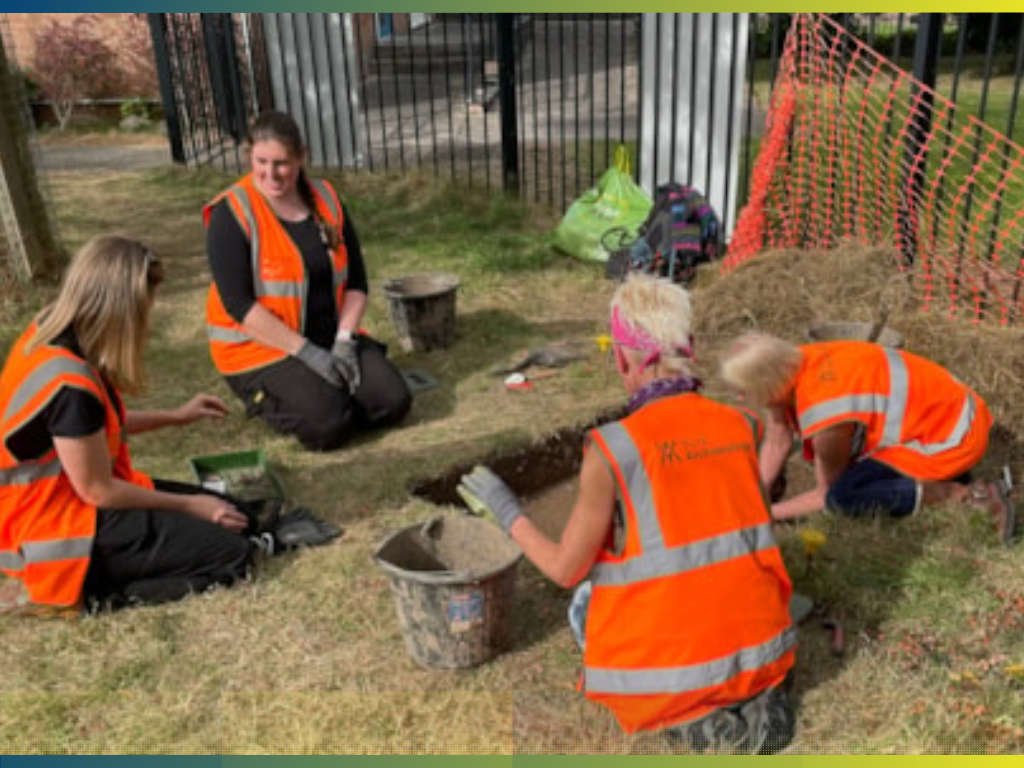
A partnership between City of York Council and York Archaeology is helping the city’s residents uncover the hidden history of Walmgate, while improving their health and wellbeing, making social connections and gaining new skills and interests.
The award-winning Archaeology on Prescription project is one of the first in the world to apply the social prescribing model to archaeology and heritage.
Social prescribing connects people to activities, groups and services in their local community and has been shown to benefit those with long-term medical conditions, who need support with mental health, or who are socially isolated.
The project is taking place on the site of Willow House, a former care home, which sits a stone’s throw from the city’s historic walls.
Speaking in a new video about the project, Archaeology on Prescription participant, Jean, said:
“I’d never really thought about archaeology or history before, but having got here, I was hooked and I’ve kept going since.”
Explaining the personal impact of the programme, Jean explained:
“When I’m here, I’m concentrating on something, so I haven’t got all sorts of other thoughts going round – I’ve got that little bit of ground.
“I’ve found something new that I really enjoy doing. It’s no pressure, but we’re doing archaeology.”
Participants often have never taken part in an archaeological project before but have been referred to the project by local GPs and charities such as Converge, The Hut and Blueberry Academy.
Once onsite, they can get involved in all aspects of the archaeological process, from carrying out pre-excavation research through maps and census data, to excavating trenches and cataloguing finds.
Another participant, Jane, speaking as she helped uncover the cellar of a Victorian terraced house, said that the programme had helped her regain her confidence after a period of illness:
“I was looking for something to do with my time and to meet new people, because I was new to York.
“Since doing the dig, I’ve found that my confidence that I had while I was here, that I’ve rediscovered, has stayed with me, even when I haven’t been digging.”
Reflecting on the project, Arran Johnson, Assistant Community Project Manager, said:
“Alongside the benefits gained through taking part, participants are also carrying out meaningful research, discovering evidence of the area’s development from as far back as prehistory to as recently as the 1970s.
“The most exciting part for me is that our participants’ discoveries are even beginning to call some accepted theories into question, such as the extent of Roman activity in this area, which seems to be greater than previously thought.
“We will continue this project in 2025, continuing to provide social prescribing, alongside broadening access to wider community involvement as part of our mission to make archaeology more accessible and allow everyone to experience the wonder of uncovering the past.”
Cllr Pete Kilbane, Executive Member for Economy and Culture at City of York Council, said:
“The rich tapestry of York’s long history is something that belongs to all of us. It is truly inspiring to see how this project is empowering residents to take an active role in learning more about the people who’ve shaped the city over centuries.
“The results have been transformative for many of the participants, who have had the opportunity not only to discover a new passion for archaeology, but to make social connections, gain new skills and build their confidence.”
As well as providing permission to dig on the site, the council has provided £85,000 of financial support to the project through the UK Shared Prosperity Fund, and has previously provided £120,0000 through the Community Renewal Fund.
Find out more about the project and its impact by watching the full case study video here: https://www.youtube.com/watch?v=4M58kjAz9ow


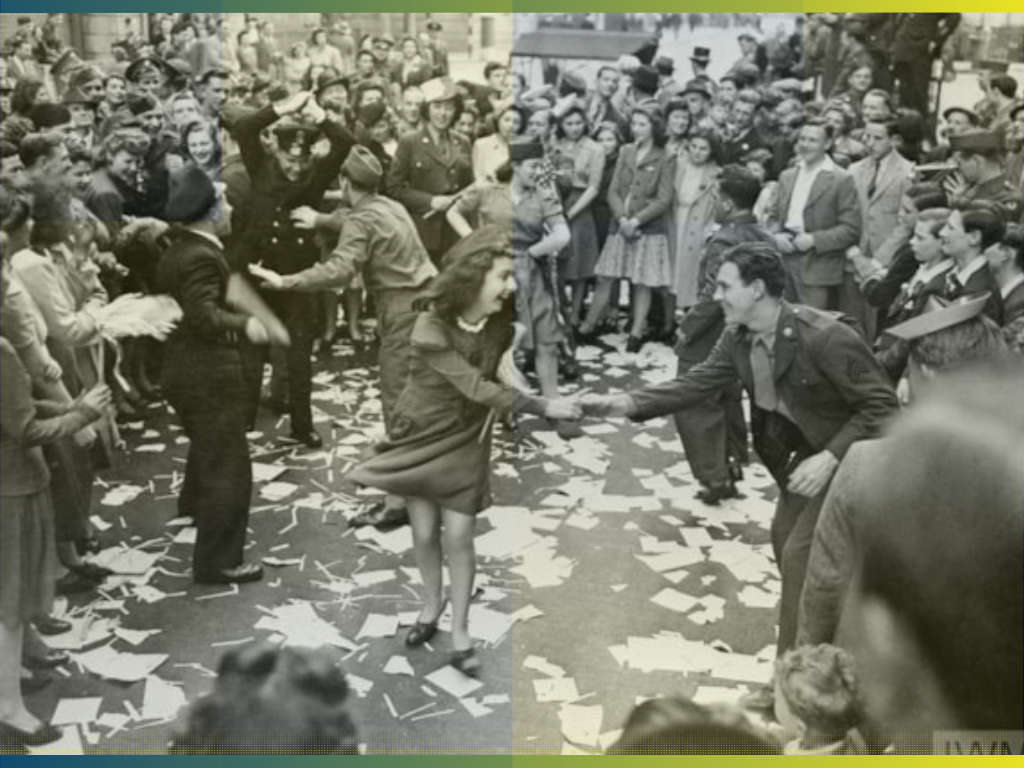 Invitation to mark the 80th anniversary of VE Day
Invitation to mark the 80th anniversary of VE Day
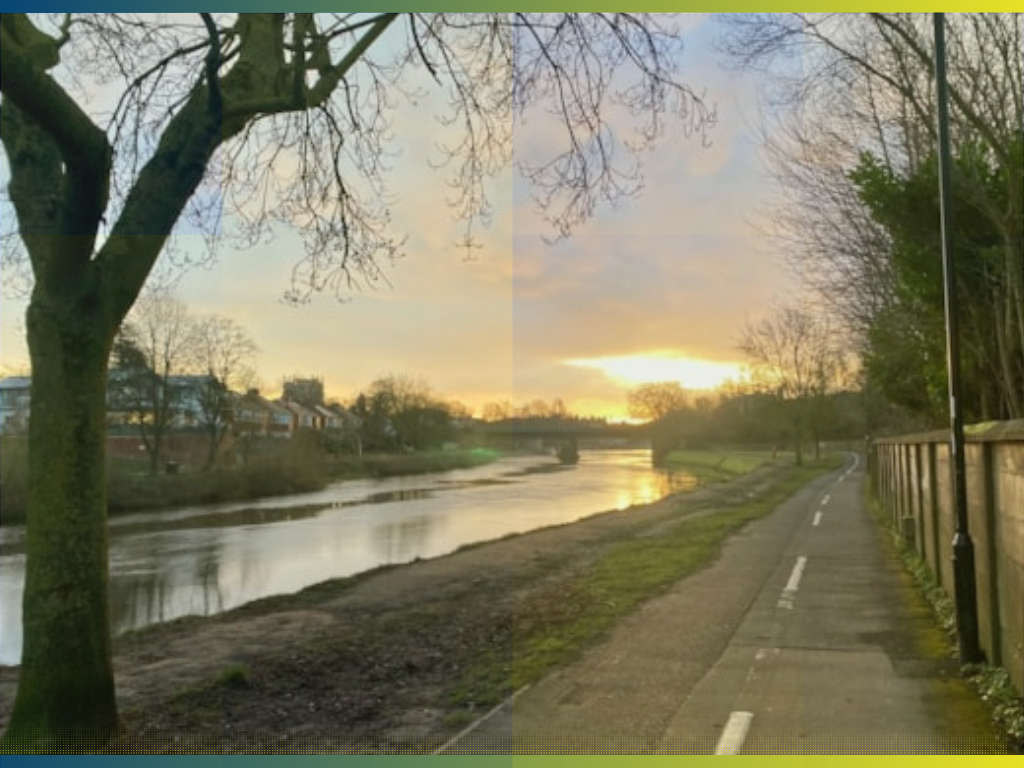 Suppliers invited to shape Ousewem legacy through new York River Walk
Suppliers invited to shape Ousewem legacy through new York River Walk
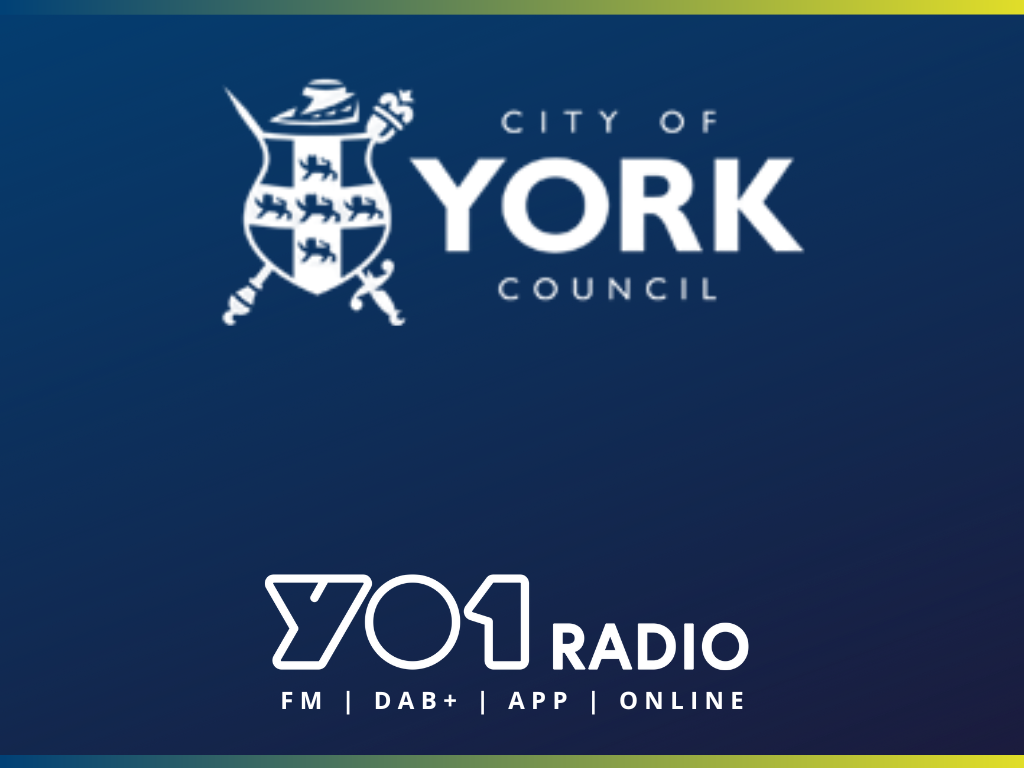 National Offer Day for primary schools: York children allocated their Reception school place for September
National Offer Day for primary schools: York children allocated their Reception school place for September
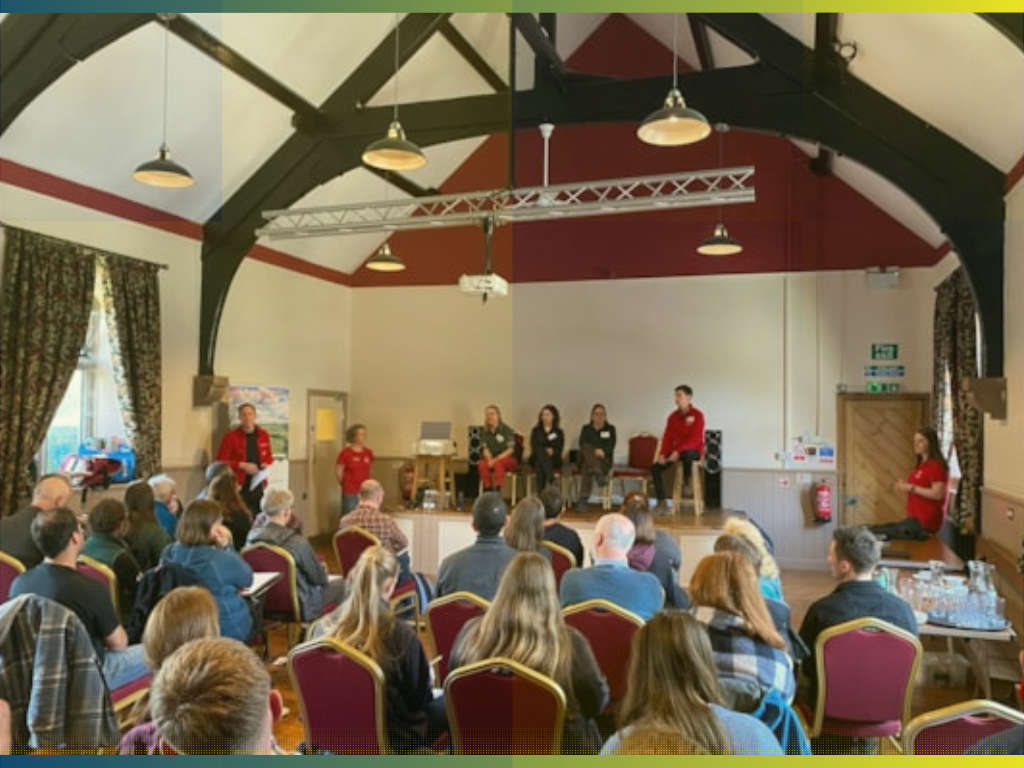 Strengthening flood resilience: Ousewem sponsors Yorkshire’s NFM CoP Monitoring Skill Share
Strengthening flood resilience: Ousewem sponsors Yorkshire’s NFM CoP Monitoring Skill Share
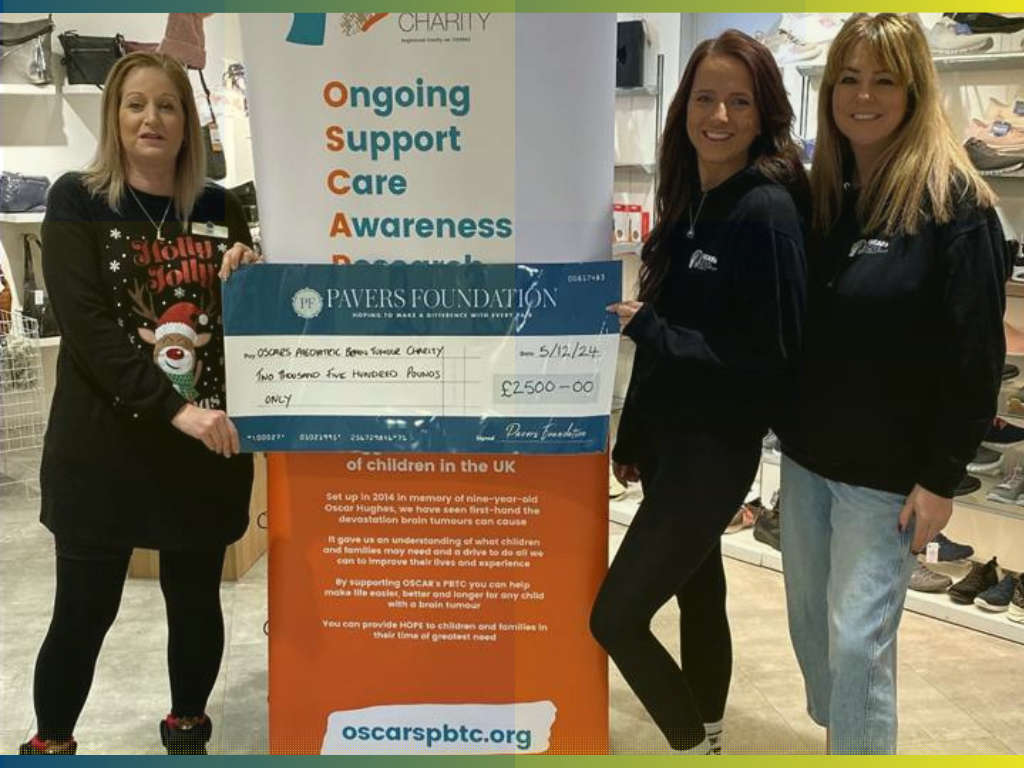 The Pavers Foundation Supports Paediatric Brain Tumour Charity in York.
The Pavers Foundation Supports Paediatric Brain Tumour Charity in York.









